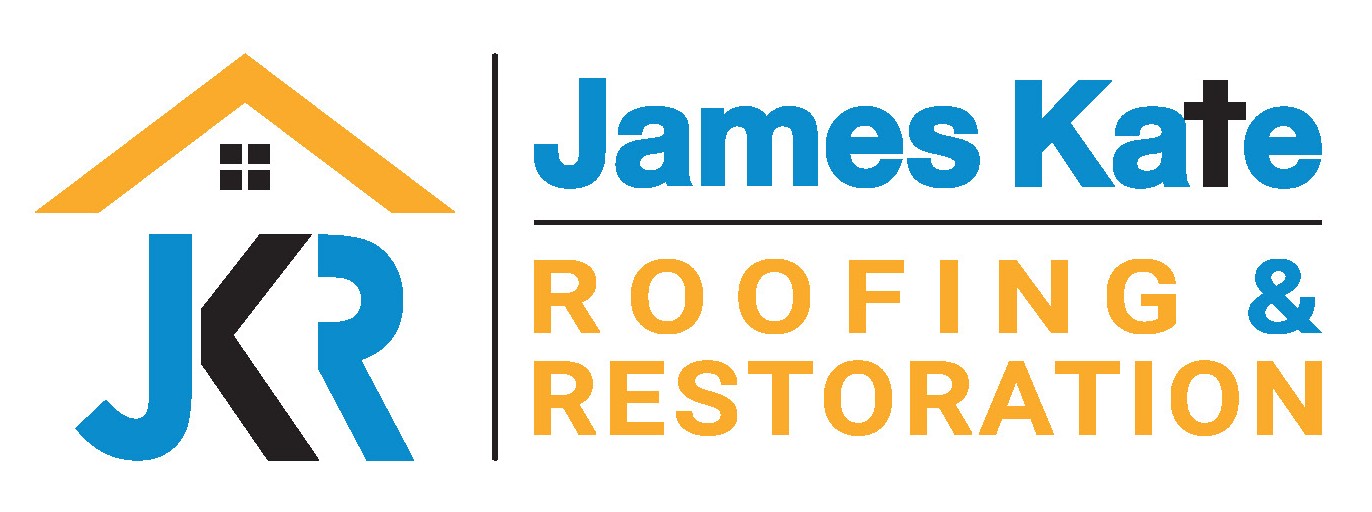You’re not alone if you’re considering installing Solar panels on your roof. Solarenergy is becoming an increasingly popular choice for homeowners looking to reduce their carbon footprint and save money on their energy bills. In this blog, we’ll cover the benefits of installing Solar panels on your roof, the process of installation, and some helpful tips to make the process as smooth as possible.
Benefits Of Installing Solar Panels On Your Roof
There are many reasons to consider installing Solar panels on your roof, including the following:
- Cost savings: One of the biggest benefits of Solar energy is the potential to save money on your energy bills. Solar Panels can significantly reduce your reliance on traditional energy sources, which often come with higher costs. Depending on your location and the size of your Solar panel system, you can offset a significant portion of your energy costs with Solar energy.
- Environmentally friendly: Solarenergy is a clean and renewable energy source, making it a great option for those looking to reduce their carbon footprint. Solar Panels do not emit greenhouse gases or pollutants; their energy does not contribute to air or water pollution.
- Reliability: Solarpanel systems are generally reliable and require little maintenance. With proper installation and maintenance, Solar panels can last for decades, providing you with a steady energy source for years to come.
- Increased property value: Homes with Solar panel systems tend to have a higher value than those without. Not only do Solar panels make your home more energy-efficient, but they can also be a selling point for potential buyers.
Process Of Installing Solar Panels On Your Roof
Installing Solar panels on your roof typically involves the following steps:
- Consultation: The first step is to schedule a consultation with a Solar panel installation company. They will assess your roof and energy needs to determine the size and type of Solar panel system best for your home.
- Permits and approvals: Before installing Solar panels on your roof, you must obtain the necessary permits and approvals from your local government. The Solar panel installation company can help you with this process.
- System design: Once the necessary approvals are in place, the Solar panel installation company will design a custom Solar panel system for your home. This will include the number and placement of panels on your roof, the size and type of inverters, and other equipment needed.
- Installation: The Solar panel system installation will typically take one to two days, depending on the size of the system. The Solar panel installation company will handle all the necessary work, including mounting the panels to your roof, installing the inverters and other equipment, and connecting the system to your home’s electrical system.
- Inspection and activation: Once the Solar panel system is installed, it will need to be inspected and approved by your local government. Once the system passes inspection, it will be activated, and you can start generating Solar energy for your home.
Tips For Installing Solar Panels On Your Roof
Here are a few tips to keep in mind when installing Solar panels on your roof:
- Choose a reputable Solar panel installation company: It’s important to do your research and choose a reputable Solar panel installation company. Look for a company with a track record of successful installations, positive customer reviews, and a good reputation in the community.
- Make sure your roof is in good condition: Before installing Solar panels on your roof, you’ll want to make sure that your roof is in good condition if your roof needs repairs or replacements.
